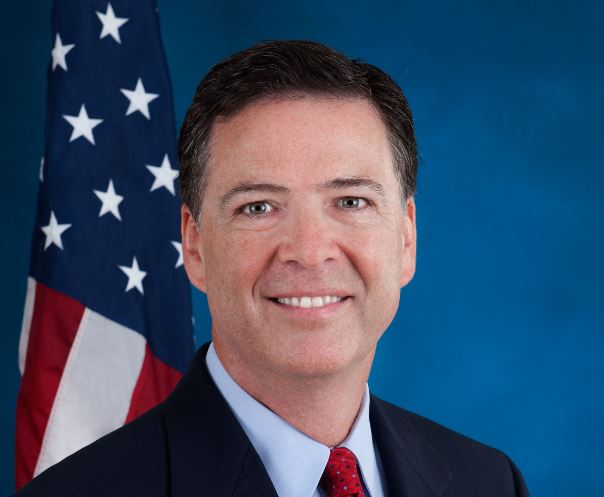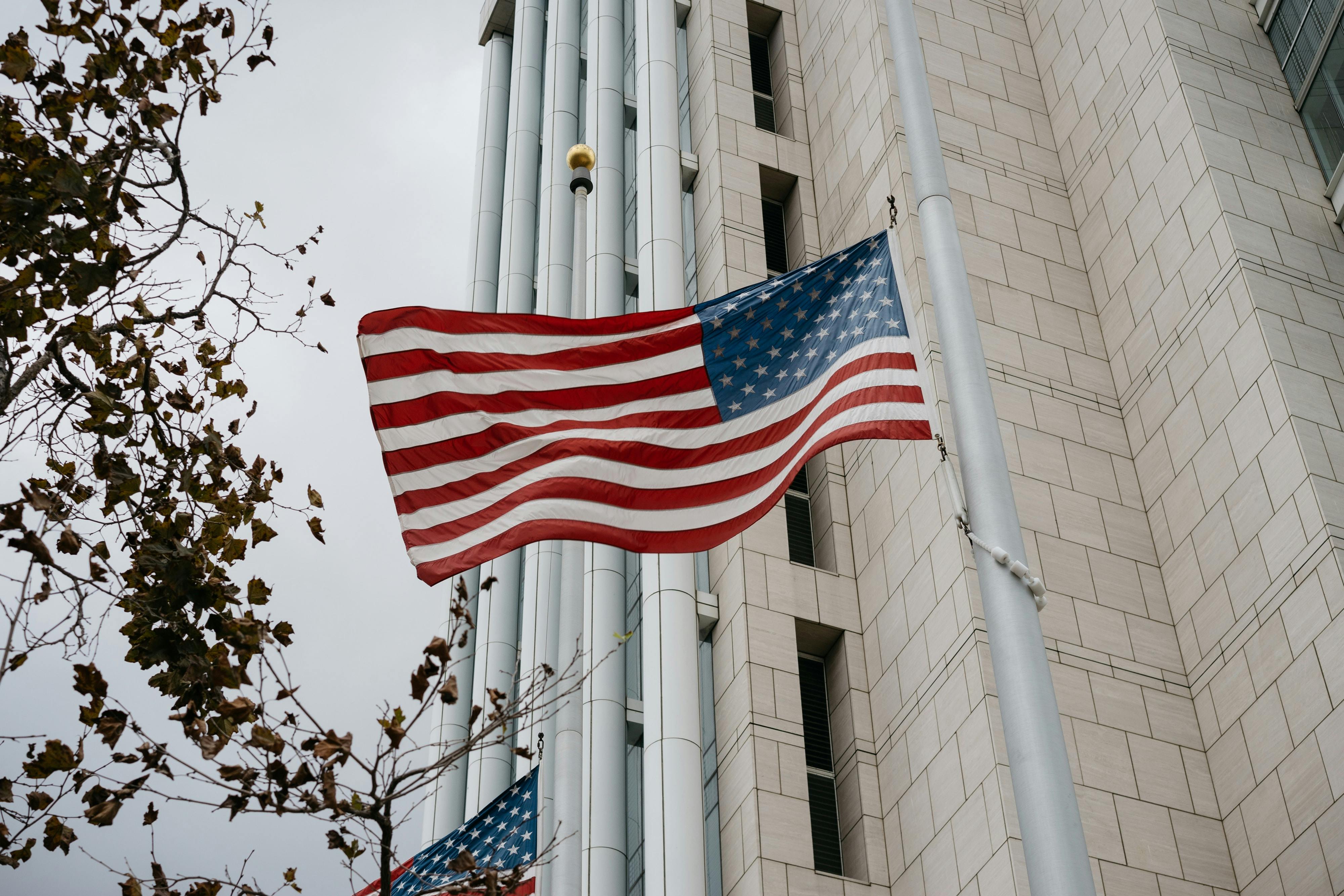Encryption, Public Safety, and "Going Dark"
I am worried we are talking past each other with respect to "Going Dark," so let me try to frame it in a way that I hope is fair-minded and provides a basis for healthy discussion:
These are things I believe to be true:
1. The logic of encryption will bring us, in the not-to-distant future, to a place where devices and data in motion are protected by universal strong encryption.

I am worried we are talking past each other with respect to "Going Dark," so let me try to frame it in a way that I hope is fair-minded and provides a basis for healthy discussion:
These are things I believe to be true:
1. The logic of encryption will bring us, in the not-to-distant future, to a place where devices and data in motion are protected by universal strong encryption. That is, our conversations and our "papers and effects" will be locked in such a way that permits access only by participants to a conversation or the owner of the device holding the data.
2. There are many benefits to this. Universal strong encryption will protect all of us—our innovation, our private thoughts, and so many other things of value—from thieves of all kinds. We will all have lock-boxes in our lives that only we can open and in which we can store all that is valuable to us. There are lots of good things about this.
3. There are many costs to this. Public safety in the United States has relied for a couple centuries on the ability of the government, with predication, to obtain permission from a court to access the "papers and effects" and communications of Americans. The Fourth Amendment reflects a trade-off inherent in ordered liberty: To protect the public, the government sometimes needs to be able to see an individual's stuff, but only under appropriate circumstances and with appropriate oversight.
4. These two things are in tension in many contexts. When the government's ability—with appropriate predication and court oversight—to see an individual's stuff goes away, it will affect public safety. That tension is vividly illustrated by the current ISIL threat, which involves ISIL operators in Syria recruiting and tasking dozens of troubled Americans to kill people, a process that increasingly takes part through mobile messaging apps that are end-to-end encrypted, communications that may not be intercepted, despite judicial orders under the Fourth Amendment. But the tension could as well be illustrated in criminal investigations all over the country. There is simply no doubt that bad people can communicate with impunity in a world of universal strong encryption.
5. Democracies resolve such tensions through robust debate. I really am not a maniac (or at least my family says so). But my job is to try to keep people safe. In universal strong encryption, I see something that is with us already and growing every day that will inexorably affect my ability to do that job. It may be that, as a people, we decide the benefits here outweigh the costs and that there is no sensible, technically feasible way to optimize privacy and safety in this particular context, or that public safety folks will be able to do their job well enough in the world of universal strong encryption. Those are decisions Americans should make, but I think part of my job is make sure the debate is informed by a reasonable understanding of the costs.
James Comey is the former director of the Federal Bureau of Investigation.
More Articles
-

Public Service in America: A Decade of Danger and the Choice to Fix It
Violence against public servants is rising. Here’s what to do about it. -

Lawfare Daily: Misogyny and Violent Extremism with Cynthia Miller-Idriss
How have different forms of misogyny led to political and social violence? -

Unpacking the Trump Administration’s Plans for Venezuela’s Oil Revenue
There’s more logic to it than meets the eye.




-2.jpg?sfvrsn=f979c73d_6)
